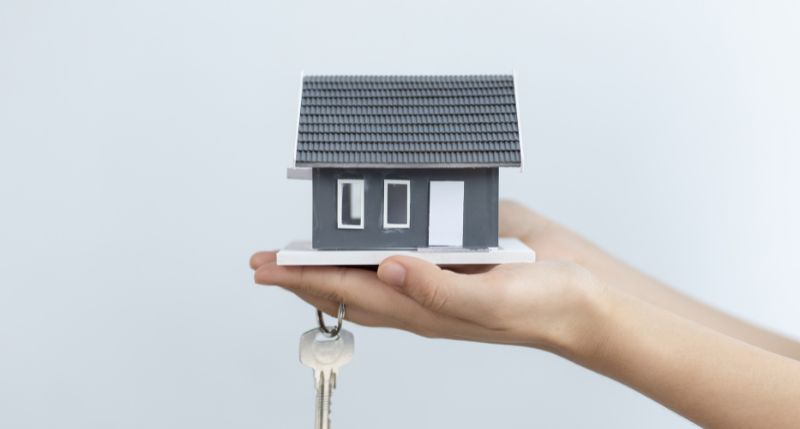
The last few years have seen a variety of changes to the buy-to-let market.
These include mortgage interest rates and stamp duty surcharges on additional properties, which have left numerous people asking the question: Are buy-to-let properties a good investment?
The answer to this question is that it depends. Many people believe buy-to-let properties can be a good investment for a variety of reasons, from earning a passive income to helping to meet the ever-growing demand for rental properties.
That said, no investment is without risk, and whether a buy-to-let property is a good investment for you largely depends on the ultimate goal of your investments and your personal circumstances.
The Benefits Of Buy-To-Let Properties
There are an array of benefits associated with buy-to-let investment. They include, but are not limited to:
- Property is a relatively safe investment
- You will earn rental income
- The demand for rental properties is high
- You can generate capital growth
- You can choose to be hands-off
1. Property Is A Relatively Safe Investment
A benefit of investing in a buy-to-let property is that property itself is a relatively safe investment.
Although house prices fluctuate, investing in property has historically been perceived as a safer, less volatile investment than stocks, for instance.
Investors can experience excellent returns, a passive income, and tax advantages when investing in property.
Whether you’re a first-time landlord or you’re planning to expand your property portfolio, our specialist buy-to-let conveyancing solicitors at Harding Evans are on hand to make the process as smooth and straightforward as possible.
Visit our website today.
2. You Will Earn Rental Income
A key benefit of investing in buy-to-let property is that you’ll earn rental income.
Typically speaking, you’ll receive rental payments on a monthly basis. The ‘average rent in the UK is now at £1,260, up 7.5% on the same time last year’, highlighting how much you can earn as a landlord.
The amount you can earn depends on the region where you buy your buy-to-let property, and you’ll be taxed on your earnings in accordance with your income tax banding.
That said, you can earn a decent amount of income from a buy-to-let property.
3. The Demand For Rental Properties Is High
A key benefit of investing in buy-to-let property is that the demand for rental properties is high.
With the rise in house prices and overall shortage of available rental properties, the demand for rental property is showing no signs of slowing down in the near future.
As fewer people can afford to buy houses, buying a buy-to-let property can be a good investment to help meet the demand and will subsequently be easy to rent out.
4. You Can Generate Capital Growth
Investing in property provides an immense opportunity for capital growth.
In fact, UK house prices are forecast to rise by 3% in 2024, emphasising how property is still a great investment in 2024.
Buyers could see their investment in a buy-to-let property grow significantly over the next few years.
Additionally, if you decide to sell your buy-to-let property, the market value of your property could be much higher than what you purchased it for.
5. You Can Choose To Be Hands-Off
Lastly, a benefit of investing in buy-to-let properties is that you can choose to be hands-off.
While many private landlords manage their properties and landlord responsibilities themselves, a letting agent can do this on your behalf.
Their services are available for a fee that is determined by location, though it’s usually around 10% of the monthly income.
By choosing to be hands-off, you can earn a passive income with significantly less work than is required when managing your own property.
Things To Consider When Buying A Buy-To-Let Property
Tax
As a landlord, you must pay tax on any profit you make from renting out your property.
It’s essential that you keep an accurate record of the rent you receive, as well as any expenses to work out the profit you will pay tax on.
Maintenance Costs
It’s important to note that not all of your rental income after tax will be profit, as you will have to consider maintenance costs.
As with any property, a buy-to-let property will naturally incur wear and tear and require repairs for which you will be responsible.
Additional Responsbilties
Becoming a landlord comes with additional responsibilities.
From making repairs to ensuring you’re up to date with rules and regulations, there are a lot of legal landlord responsibilities you will need to familiarise yourself with.
How We Can Help
If you’re ready to start your journey as a buy-to-let landlord or simply want to expand your portfolio, Harding Evans can help.
Our team of specialist buy-to-let conveyancing solicitors are here to take you through the next steps, no matter where you are in your landlord journey.
Get in touch with a member of our team today.







